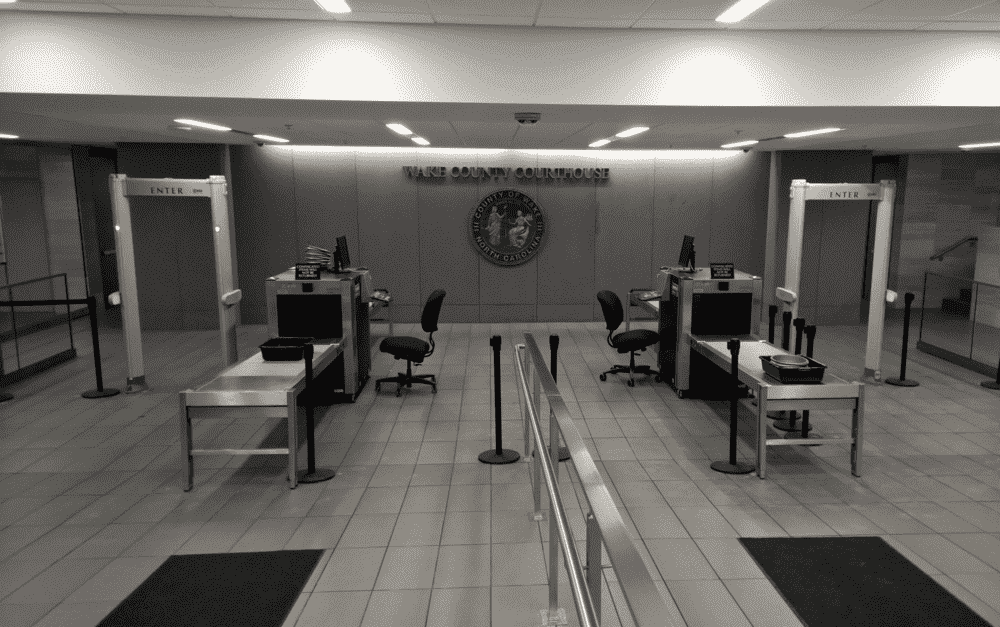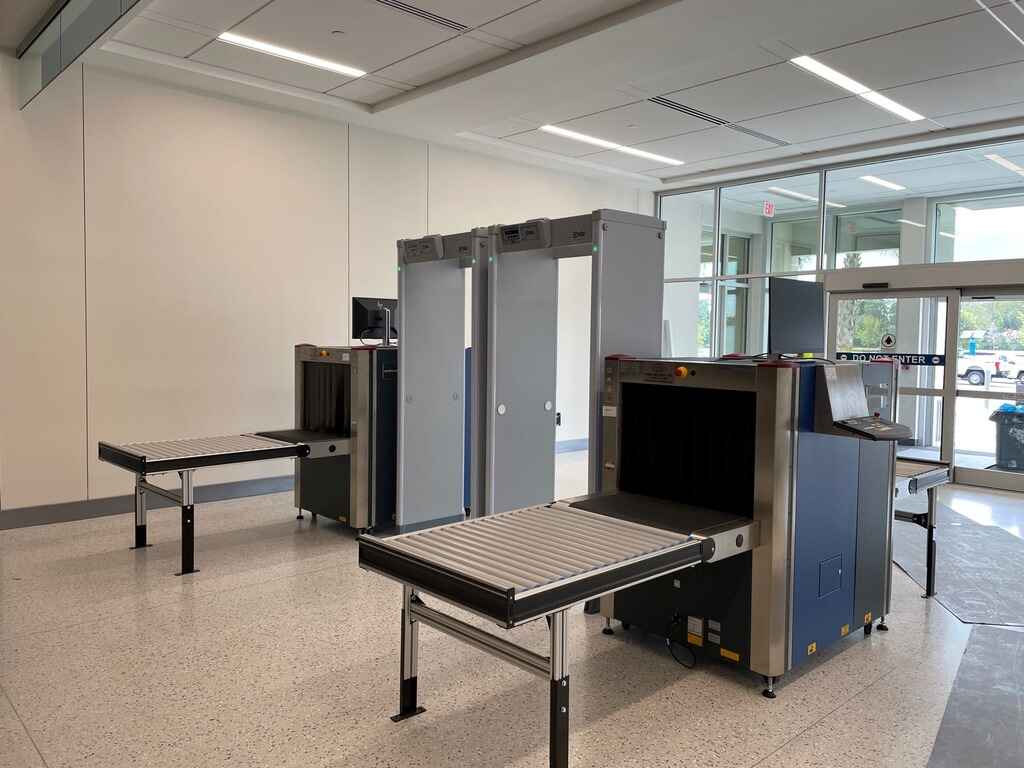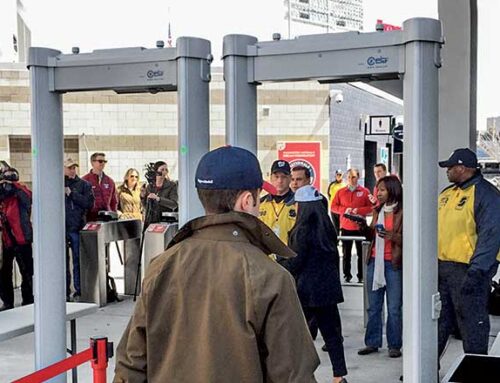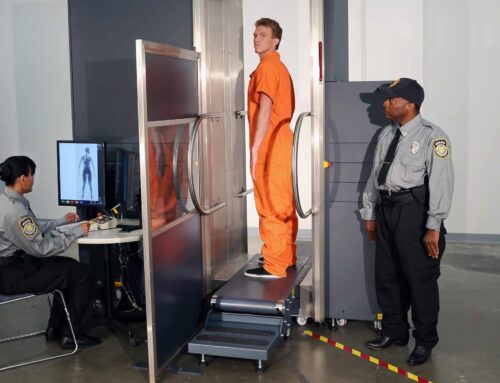In an era where safety concerns are paramount, security metal detectors stand at the forefront of ensuring safety in various settings, from airports and schools to public events and high-security facilities. These sophisticated devices are equipped with advanced technology designed to detect and alert security personnel to the presence of metallic objects, providing an essential layer of protection against potential threats.
The Role of Metal Detectors in Security
Metal detectors play a crucial role in security protocols by helping to prevent unauthorized individuals from carrying weapons, explosives, or other prohibited items into sensitive areas. They are widely used in:
-
Airports: Metal detectors are a standard part of airport security screening processes, helping to identify passengers who may be carrying concealed weapons or metallic objects that could pose a threat during air travel.
-
Schools and Educational Institutions: Many schools utilize metal detectors at entrances to enhance safety and prevent weapons from being brought onto school premises.
-
Public Events: Metal detectors are often deployed at large gatherings, concerts, and sporting events to ensure the safety of attendees by detecting any concealed weapons or dangerous items.
-
Government Buildings and High-Security Facilities: Metal detectors are employed at the entrances of government buildings, courthouses, and other high-security facilities to screen visitors and employees for potential threats.
Advanced Technology Features
Metal detectors are renowned for their cutting-edge technology and features that enhance security effectiveness:
-
Multi-Zone Detection: Some models offer multiple detection zones, allowing security personnel to pinpoint the location of metallic objects on an individual’s body.
-
Sensitivity Settings: Adjustable sensitivity settings enable operators to customize the detector’s response based on the specific security requirements of the environment.
-
Target Identification: Advanced models can differentiate between different types of metals, helping security personnel determine whether an alert is triggered by harmless items like keys or by potentially dangerous objects.
-
Enhanced Screening Efficiency: security detectors are designed for rapid and efficient screening, minimizing wait times for individuals passing through security checkpoints.
Training and Implementation
Effective use of metal detectors in security settings requires proper training for operators. Security personnel are trained to interpret alerts, conduct secondary screenings when necessary, and ensure that screening procedures are conducted respectfully and efficiently.
Future Trends and Innovations
As security needs continue to evolve, we remain committed to developing innovative solutions. Future trends may include enhanced integration with other security technologies, such as facial recognition and artificial intelligence, to further strengthen overall security measures.
In conclusion, airport metal detectors play a vital role in safeguarding public safety by providing reliable and efficient detection of metallic objects in various security-sensitive environments.






